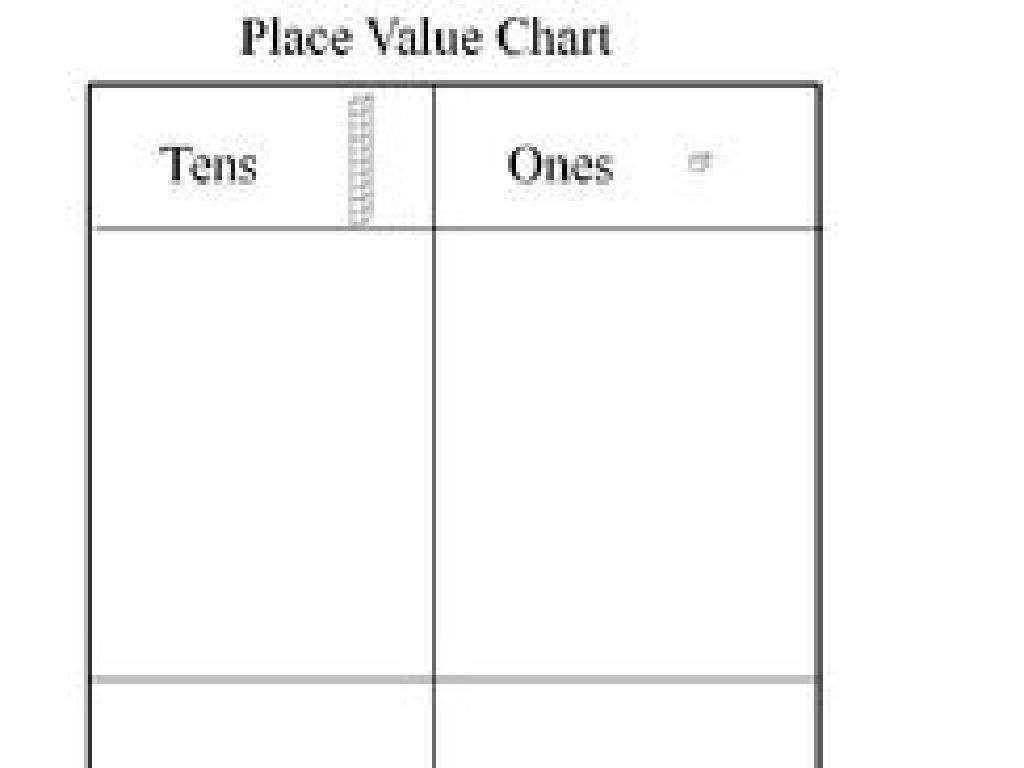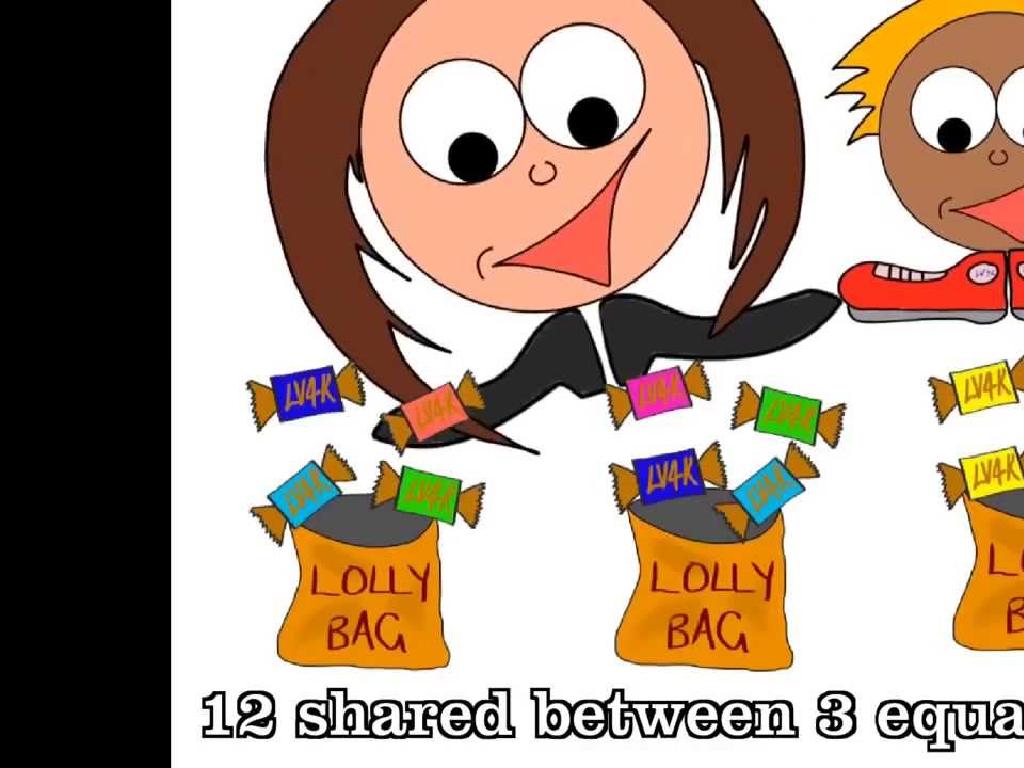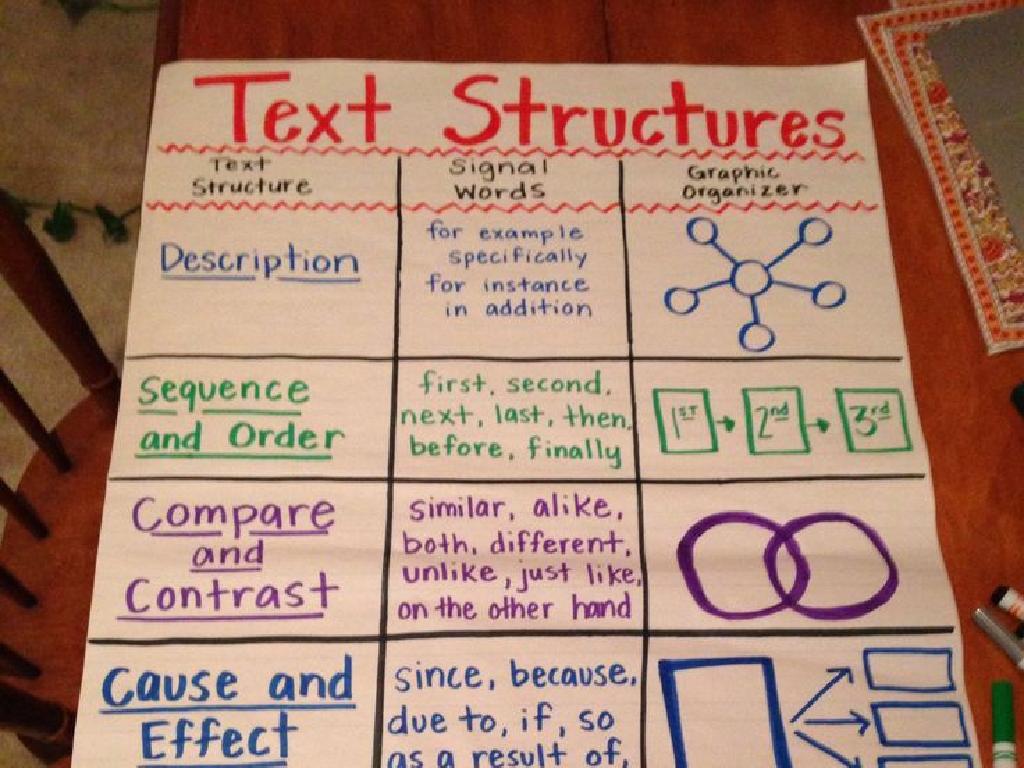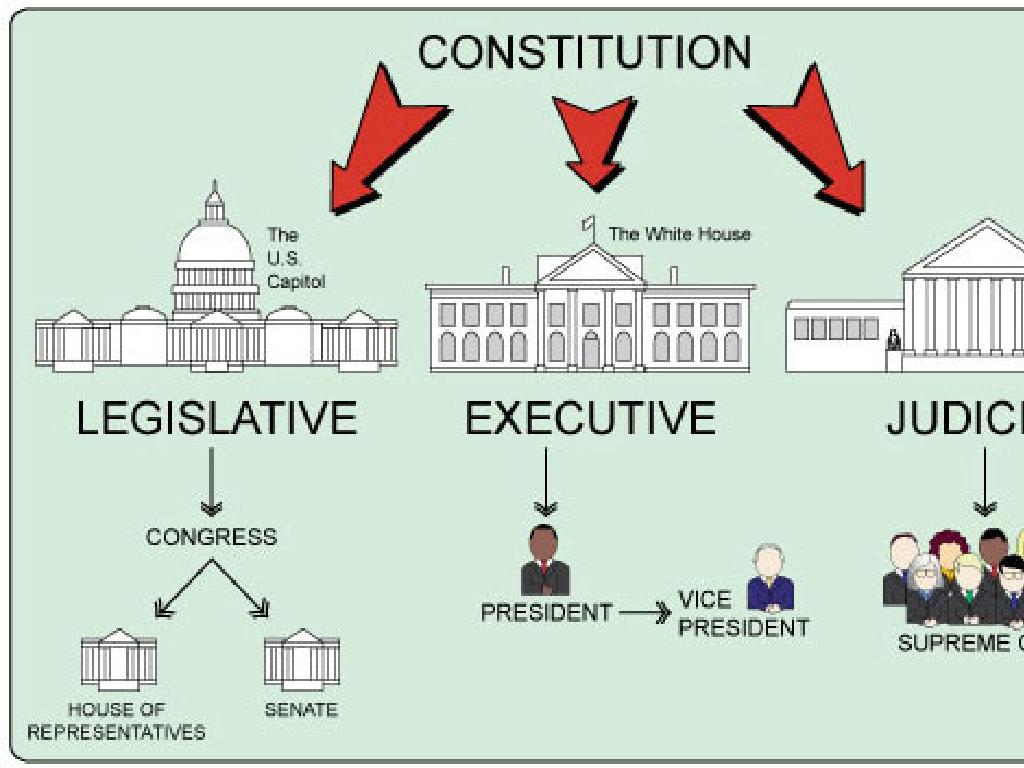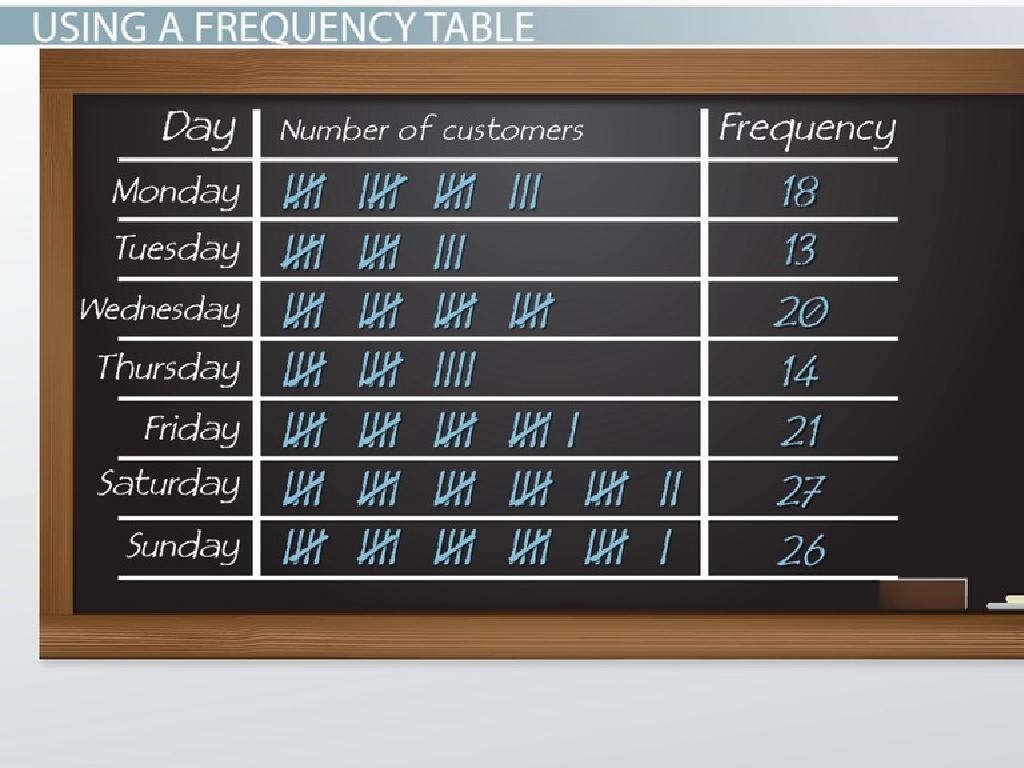Capitalizing Titles
Subject: Language arts
Grade: Third grade
Topic: Formatting
Please LOG IN to download the presentation. Access is available to registered users only.
View More Content
Capitalizing Titles in Formatting
– Why are titles important?
– Titles tell us what to expect from a book or story
– Rules for capitalizing titles
– Always capitalize the first and last words, and all the important words in between
– Capitalize key words in titles
– Don’t capitalize short words like ‘and’, ‘or’, ‘the’, unless they are the first or last word
– Practice with book and movie titles
|
This slide introduces the concept of capitalizing titles, which is a key part of formatting in written language. Emphasize to the students that titles are like the name of a story or book and they help us know what we’re about to read or watch. Discuss the basic rules of capitalization, such as always capitalizing the first and last words of a title, as well as all the important words in between. Provide examples of titles and practice capitalizing them correctly. For instance, take a common book or movie title and write it incorrectly on the board, then have the students correct it. This interactive approach will help reinforce the rules and give students confidence in their ability to capitalize titles properly.
The Importance of Titles
– What is a title?
– It’s the name of a book, song, or movie
– Titles tell the content’s story
– They give us a hint about what we’ll read or see
– Titles are found in many places
– Look at any book cover or movie poster
– Why titles matter
|
This slide introduces students to the concept of titles and their significance in various forms of media. A title is essentially the name given to a creative work, whether it’s a book, a piece of music, or a film. It’s important for students to recognize titles because they provide insight into what the content will be about and help to attract the audience’s interest. Encourage students to think about their favorite book or movie and its title. Ask them how the title relates to the story and why it might be important. This will help them understand the role of titles in communication and the basics of capitalizing them correctly.
The Importance of Capitalizing Titles
– Titles stand out with capitalization
– Capitalization shows respect for works
– It signals readers it’s a title
– Like knowing someone’s name, it helps recognize the title
|
This slide aims to explain to third-grade students why capitalization in titles is important. Capitalizing certain words in titles helps to grab attention and make the title more noticeable. It is also a way to show respect for the work, acknowledging its importance. Additionally, proper capitalization helps readers to understand that they are looking at a title of a book, article, or another piece of work. It’s similar to knowing a person’s name; it helps in recognizing and remembering the title. Encourage students to think of titles as special names for stories and texts that deserve to be highlighted.
Capitalizing Titles in Formatting
– Capitalize first and last words
– Capitalize key words in titles
– Words like ‘Adventure’, ‘Happy’, ‘Science’ are important
– Avoid capitalizing short prepositions
– Words like ‘on’, ‘in’, ‘at’ usually stay lowercase
– Skip capitalizing conjunctions, articles
– ‘and’, ‘but’, ‘the’, ‘a’ are not capitalized
|
This slide introduces the basic rules of capitalization for titles to third-grade students. Emphasize that the first and last words of a title are always capitalized, regardless of their part of speech. Teach students to recognize important words in a title, which typically include nouns, pronouns, verbs, adjectives, and adverbs, and to capitalize them. Explain that short prepositions (e.g., ‘in’, ‘on’, ‘at’), conjunctions (e.g., ‘and’, ‘but’), and articles (e.g., ‘the’, ‘a’) are not capitalized in titles unless they are the first or last word. Provide examples of each and practice with the class by writing titles on the board and having students identify which words to capitalize.
Capitalizing Titles in Books
– ‘The Secret Garden’ example
– ‘The’ and ‘Garden’ are capitalized because they are important words.
– ‘Harry Potter and the Sorcerer’s Stone’ example
– ‘Harry’, ‘Potter’, ‘Sorcerer’s’, and ‘Stone’ are key words and get capital letters.
– Words like ‘and’ stay lowercase
– Small words like ‘and’, ‘the’, ‘in’ are not capitalized in titles.
– Let’s correct a title together!
– We’ll fix ‘the cat in the hat’ to show which words to capitalize.
|
This slide introduces students to the concept of capitalizing titles in books and other works. Start by showing the correct capitalization in the title ‘The Secret Garden’, emphasizing that the first and last words, and important words in between, are capitalized. Then, use ‘Harry Potter and the Sorcerer’s Stone’ to illustrate that small connecting words like ‘and’ are not capitalized. Engage the class by working together to correct the title ‘the cat in the hat’, guiding them to capitalize the first, last, and all major words. This interactive approach helps students understand the rules of capitalization in titles and apply them to their writing.
Practice Time: Capitalizing Titles
– I’ll give you titles to capitalize
– Work with a partner on this task
– Two heads are better than one!
– Decide which words to capitalize
– Remember, not all words in a title are big!
– Share your answers with the class
|
This slide is for a class activity focused on capitalizing titles. The teacher will provide several book or story titles to the students. Working in pairs, students will apply the rules they’ve learned about capitalization to these titles. They should capitalize the first and last words of the title, as well as any important words in between, but not prepositions, conjunctions, or articles. After completing the task, each pair will have the opportunity to share their answers with the class, allowing for a collaborative learning experience. The teacher should prepare a list of titles with varying complexity and be ready to guide the students through the activity, offering praise and constructive feedback.
Class Activity: Crafting Capitalized Titles
– Think of a favorite story or movie
– Invent a new title with capitalization
– Remember to capitalize the first, last, and important words in the title
– Draw a book or movie cover
– Use bright colors and images that reflect the story
– Share your creation with the class
|
This activity is designed to reinforce the rules of capitalizing titles in a fun and creative way. Students will apply their knowledge by thinking of a story or movie they enjoy and then creating an alternative title that follows capitalization rules. Emphasize that they should capitalize the first and last words of the title, as well as all the important words in between (nouns, verbs, adjectives, adverbs, and pronouns), but not short prepositions, articles, or conjunctions. After crafting their titles, students will draw a book or movie cover that represents their chosen story, incorporating the newly created title. This will help them associate the rules with a visual and memorable activity. Finally, they will present their work to the class, which will help build their public speaking skills and confidence. Prepare to facilitate the sharing process and provide positive feedback and guidance on their capitalization.
Capitalizing Titles: Review & Closing
– Review title capitalization rules
– Understand importance of capitalization
– It makes titles clear and professional
– Apply rules in your writing
– Celebrate learning today!
– Great work! Keep practicing these rules
|
As we wrap up today’s lesson, go over the rules for capitalizing titles once more to reinforce learning. Discuss why capitalization is important: it helps make titles stand out and gives the reader a sense of what is significant. Praise the students for their hard work and remind them to apply these rules in their writing assignments. Encourage them to always capitalize titles of books, articles, and other works to practice proper formatting. Celebrate their effort and progress in understanding the rules of capitalization.

